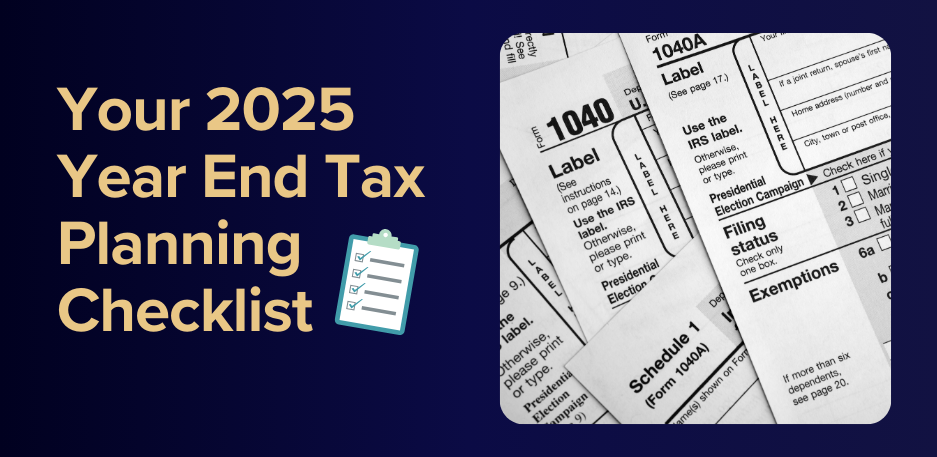- July 8, 2015
- Heath Hightower

Consider the following trick question: Would you rather have $10,000 per day for 30 days or a penny that doubled in value every day for 30 days? The best choice is the doubling penny, because at the end of 30 days you’d have about $5 Million versus the $300,000 you’d have if you chose $10,000 per day. (Sources: datagenetics.com & morningstar.com)
When money is invested and then reinvested along with its earnings, it compounds and grows at exponential rates. This mathematical wizardry, of course, is called compound interest. It’s been said that Albert Einstein recognized compounding as the most powerful force in the universe.
In my opinion, compound interest is the most underappreciated investment tool known to man. Why? Because we live in an era of instant gratification, where get-rich-quick schemes are far more exciting for the modern investor. We live in a world where our favorite movie can literally be seen on-demand. Our TV shows, our friends, our groceries, our (fill in the blank) can all be accessed instantly. We’ll even opt for a microwavable hot pocket over a home cooked meal. (If you haven’t seen Jim Gaffigan’s comedic skit on hot pockets I highly recommend that you watch it on demand now… Just click here.)
Unfortunately, compound interest can’t be dialed up so quickly. It requires significant time to be effective. Let’s take a look to see just how powerful compound interest can be if an investor is disciplined enough to save early on in their life.
If you invested $100,000 at the age of 50 at 8% interest, it would be worth $317,000 at the age of 65.
If you invested $100,000 at the age of 40 at 8% interest, it would be worth $685,000 at the age of 65.
If you invested $100,000 at the age of 30 at 8% interest, it would be worth $1,479,000 at the age of 65.
If you invested $100,000 at the age of 20 at 8% interest, it would be worth $3,192,000 at the age of 65.
Not everyone is capable of saving $100,000 at the age of 20. However a consistent savings plan that starts at an early age can have a dramatic impact on your financial future. Clearly, significant time is critical for compound interest to show its true power. The amount that you save for retirement is not nearly as important as the age at which you begin saving for retirement.
Many of our clients have children or grandchildren that struggle to maintain an effective savings plan. If you or someone you know needs help designing or fine tuning their savings strategy, give us a call. We’d love to help.



